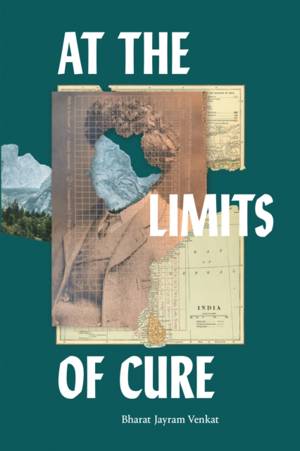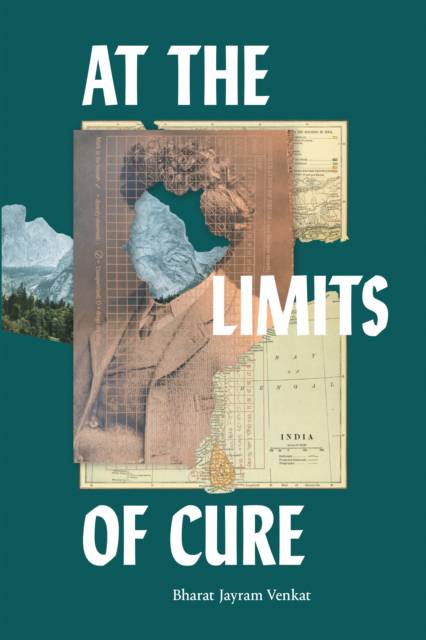
Bedankt voor het vertrouwen het afgelopen jaar! Om jou te bedanken bieden we GRATIS verzending (in België) aan op alles gedurende de hele maand januari.
- Afhalen na 1 uur in een winkel met voorraad
- In januari gratis thuislevering in België
- Ruim aanbod met 7 miljoen producten
Bedankt voor het vertrouwen het afgelopen jaar! Om jou te bedanken bieden we GRATIS verzending (in België) aan op alles gedurende de hele maand januari.
- Afhalen na 1 uur in een winkel met voorraad
- In januari gratis thuislevering in België
- Ruim aanbod met 7 miljoen producten
Zoeken
Omschrijving
Can a history of cure be more than a history of how disease comes to an end? In 1950s Madras, an international team of researchers demonstrated that antibiotics were effective in treating tuberculosis. But just half a century later, reports out of Mumbai stoked fears about the spread of totally drug-resistant strains of the disease. Had the curable become incurable? Through an anthropological history of tuberculosis treatment in India, Bharat Jayram Venkat examines what it means to be cured, and what it means for a cure to come undone. At the Limits of Cure tells a story that stretches from the colonial period-a time of sanatoria, travel cures, and gold therapy-into a postcolonial present marked by antibiotic miracles and their failures. Venkat juxtaposes the unraveling of cure across a variety of sites: in idyllic hill stations and crowded prisons, aboard ships and on the battlefield, and through research trials and clinical encounters. If cure is frequently taken as an ending (of illness, treatment, and suffering more generally), Venkat provides a foundation for imagining cure otherwise in a world of fading antibiotic efficacy.
Specificaties
Betrokkenen
- Auteur(s):
- Uitgeverij:
Inhoud
- Aantal bladzijden:
- 304
- Taal:
- Engels
- Reeks:
Eigenschappen
- Productcode (EAN):
- 9781478013792
- Verschijningsdatum:
- 5/11/2021
- Uitvoering:
- Hardcover
- Formaat:
- Genaaid
- Afmetingen:
- 152 mm x 229 mm
- Gewicht:
- 571 g

Alleen bij Standaard Boekhandel
+ 329 punten op je klantenkaart van Standaard Boekhandel
Beoordelingen
We publiceren alleen reviews die voldoen aan de voorwaarden voor reviews. Bekijk onze voorwaarden voor reviews.









